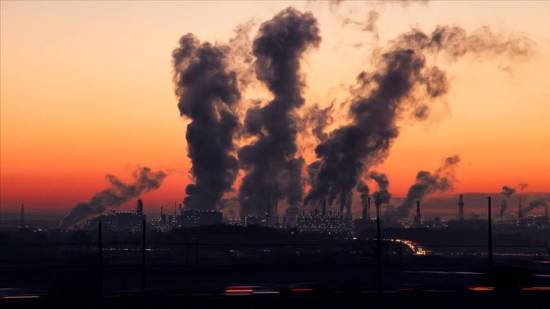Oil prices rose on Tuesday over the prospects of fresh sanctions on Russia amid the expulsion of Russian diplomats by some EU countries.
International benchmark Brent crude was trading at $108.94 per barrel at 0708 GMT for a 1.31% increase after closing the previous session at $107.53 a barrel.
American benchmark West Texas Intermediate (WTI) was at $104.70 per barrel at the same time for a 1.37% gain after the previous session closed at $103.28 a barrel.
Italian Foreign Minister Luigi Di Maio said his country would not veto sanctions on Russian gas, following accusations that Russian troops in Ukraine committed “war crimes.” These accusations are based on recent footage depicting mass deaths in Bucha, near the capital Kyiv, after the Russian withdrawal.
Some European countries, including France, Germany and Lithuania, announced a decision to expel several Russian diplomats.
French President Emmanuel Macron called for fresh sanctions in light of the alleged atrocities in Bucha and Polish Prime Minister Mateusz Morawiecki requested the establishment of a commission to investigate what he called “genocide” in Ukraine.
The possibility of more sanctions on Russia, which may include Russian energy export bans, is putting upward pressure on oil prices, with EU countries already expressing their unwillingness to import Russian hydrocarbon resources.
Poland, which said it was ready to stop Russian hydrocarbon imports, urged other European countries to also stop, given these resources are the main source of revenue for the Russian state budget, which is financing the Russian aggression against Ukraine.
Lithuania had already made plans to halt imports of Russian gas by replacing these resources with those through the Hoegh Independence regasification facility at Klaipeda.
Meanwhile, Germany on Monday decided to place the German subsidiary of Russian energy giant Gazprom under the authority of the German Federal Network Agency to ensure security of supply.
Germany’s decision came three days after Gazprom announced plans to abandon its operations in Germany arising from a disagreement between the two countries over Moscow's recent insistence on receiving payments for Russian gas in rubles rather than euros./agencies


